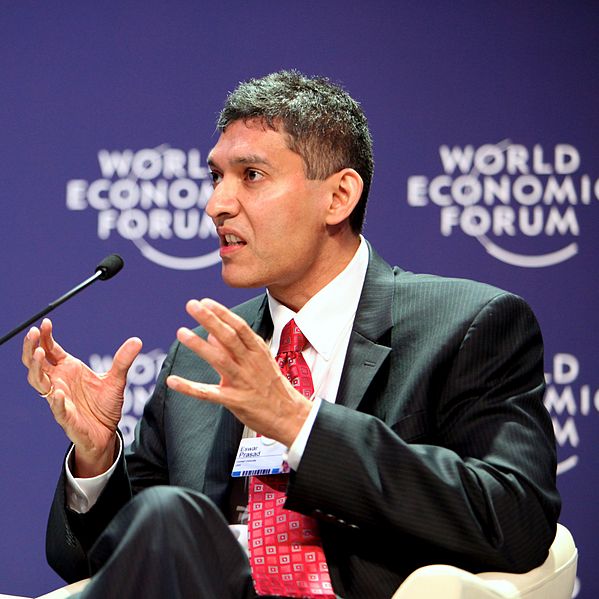With various social distancing protocols in place, the coronavirus pandemic spurred people worldwide to use digital and contactless payments including non-fiat alternatives such as Bitcoin (BTC), Ethereum (ETH), and other cryptos. An economist believes that the trend won’t likely reverse even after the pandemic runs its course and a combination of these payment alternatives would likely lead to the demise of cash.
“For many consumers and businesses that made the switch to digital payments, there is probably no going back, even if the pandemic-related concerns about the tactile nature of cash were to recede,” economist Eswar Prasad said on CNBC Make It. Prasad is the former head of the IMF’s China division, the author of “The Future of Money: How the Digital Revolution Is Transforming Currencies and Finance,” and a senior professor of trade policy at Cornell University.
He said that “the era of cash is drawing to an end and that of central bank digital currencies has begun.” Prasad explained that the combination of crypto, central bank digital currencies, stable coins, and other digital payments options will lead to the “demise of [physical] cash.”
However, Prasad believes that no single technology by itself would be able to unseat cash dominance. “Cryptocurrencies by themselves won’t. Stablecoins have a better shot, but might have limited reach,” he said. While a CBDC also has a better shot as well, it needs to be “widely and easily accessible” to be able to do so.
While cryptos could improve the efficiency of payment systems, their volatility could hinder their long-term success as a medium of exchange. Due to their price instability, cryptos won’t likely be used for daily transactions, according to Prasad.
Digital payments can democratize finance but they might also aggravate wealth inequality. “The rich might be more capable than others of taking advantage of new investment opportunities and reaping more of the benefits,” Prasad opined. “As the economically marginalized have limited digital access and lack financial literacy, some of the changes could harm as much as they could help those segments of the population.”
They can also marginalize the fiat currencies of smaller economies. “This could concentrate even more economic and financial power in the hands of the large economies,” he added.

























Comment 8